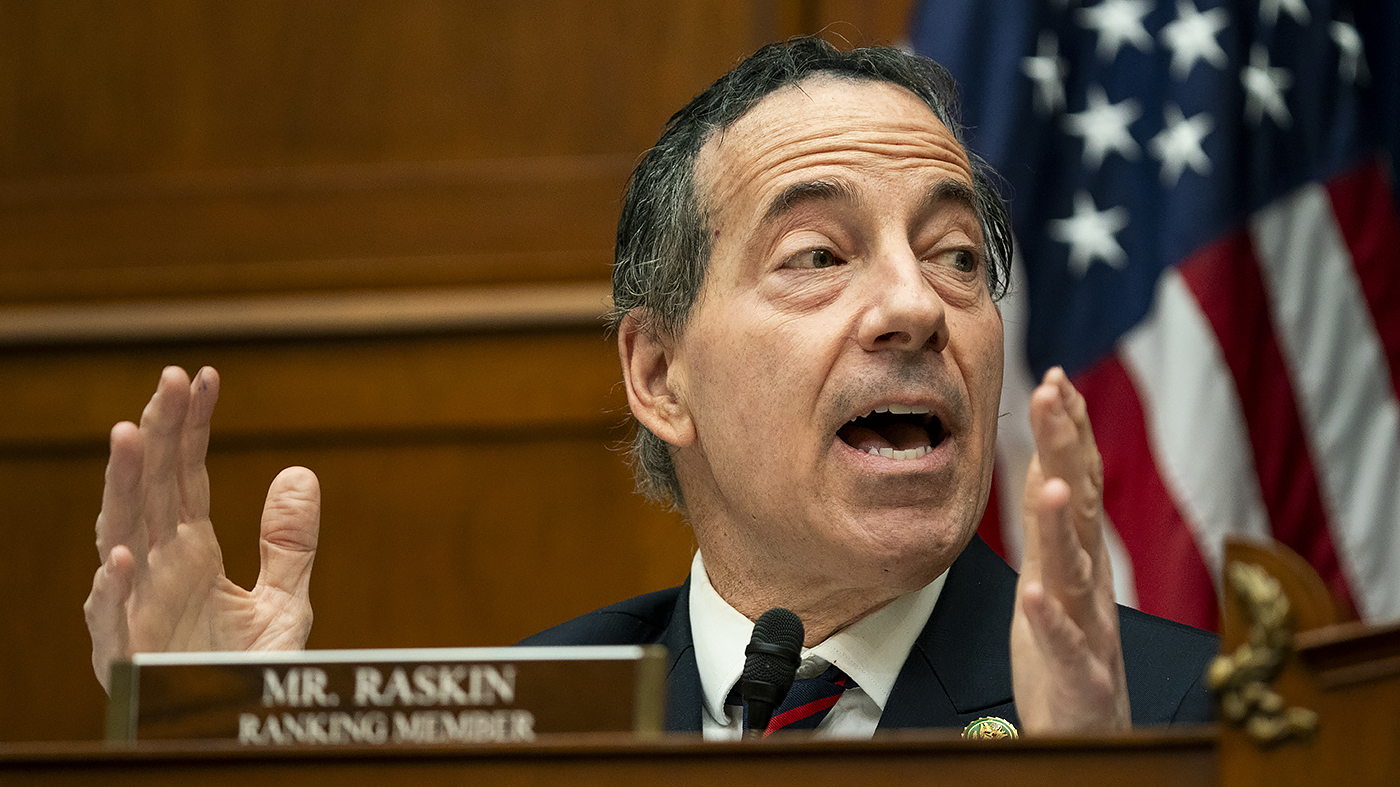BREITBART
Fulton County, Georgia, District Attorney Fani Willis was defiant on the witness stand on Thursday, but she could face serious consequences for her alleged ethical violations in the prosecution of former President Donald Trump and 18 other co-defendants.
In January, one of those co-defendants, Mike Roman, filed a motion alleging that Willis had an improper relationship with fellow prosecutor Nathan Wade. Willis’s response was to tell an Atlanta church that her opponents were “playing the race card.”
But it turned out to be true, as Willis and Wade have now admitted under oath. The only questions are whether their romantic relationship started before Willis brought the under-qualified Wade onto the prosecution team in late 2021, and whether she (or he) benefited financially from that relationship, both in the general operation of the DA’s office and the Trump case in particular.
Wade’s testimony on Thursday was damning, and suggested that he may have lied under oath. He told a divorce court that he had not had a relationship with anyone outside his marriage prior to the end of that marriage in 2023, yet that was clearly untrue. He claimed Thursday that because his marriage had broken down in 2015, the relationship with Willis was not really outside of it.
When asked if he had receipts for purchases — including meals and vacation travel — with Willis, he said that he did not. But he admitted that he had paid on his business credit card, which meant that he had “statements.” His lack of candor to the court is arguably a major ethics violation, since lawyers are also officers of the court and cannot knowingly mislead it, even by omission.
But it was Willis who was in the spotlight — and she performed abominably, throwing a tantrum on the witness stand that led the judge to call a five minute recess to regain order. She corroborated Wade’s claim that she had reimbursed his expenses for her with cash — but could provide no receipts for cash withdrawals from her bank (nor did Wade provide receipts for cash deposits).
Her claim that she only developed a romantic relationship with Wade after he joined the Trump case seemed to hinge on the nebulous definition of what a romantic relationship is, and whether it involved sexual intercourse. Former friend Robin Bryant-Yeartie testified that Willis and Wade had a relationship as early as 2019; both denied that — but then, of course they would.
Willis also tried to claim that she did not need to declare on disclosure forms that she had received gifts — meals, or travel — in excess of a net of $100, in aggregate, over a calendar year because she had paid her own way and paid for some of his expenses. In one bizarre admission, she seemed to suggest she had taken cash from one of her campaigns for public office for personal use. And she struggled to reconcile her campaign promise not to have sex with subordinates with the fact that she had clearly done so with Wade; she tried arguing at first that he was an “agent” rather than an “employee,” though he remained in charge of his work.
Judge Scott McAfee could disqualify Willis (and Wade) from the case simply on the basis of the appearance of impropriety — and no reasonable person could watch Willis’s antics on the witness stand and conclude that she was fit to try such an important case.



